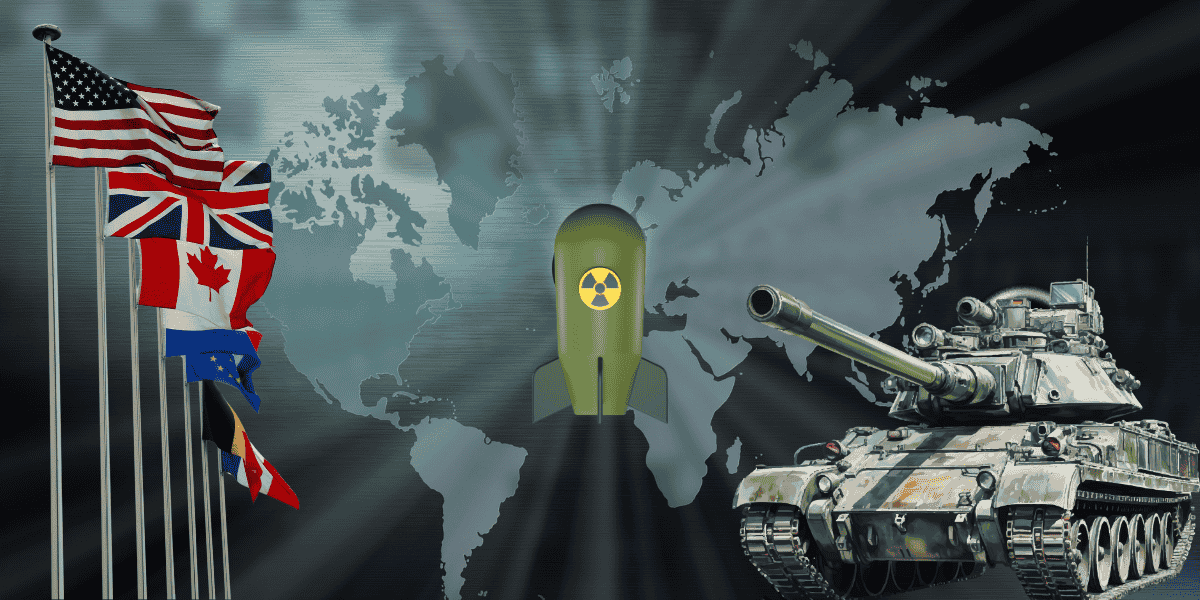The new Pentagon Global Posture Review (GPR) was released this week in a bid to justify increased military spending in addition to demonizing Russia and China as hostile US rivals.
The review comes as the US and its Western allies repeatedly accuse Russia of preparing to launch aggressive action against Ukraine – allegations Moscow has refuted. Earlier in the day, US Secretary of State Antony Blinken said he plans to tell Foreign Minister Sergey Lavrov on Thursday that Russia needs to pull back troops from Ukraine’s border.
Meanwhile, Congress is preparing to pass a $768 billion annual defense budget, although the proceedings have been stalled as lawmakers debate over whether to add anti-Russian measures to the bill.
The US Defense Department said the GPR, released on Monday, strengthens “the combat credible deterrent” in Europe against Russia and enables NATO forces to operate more effectively. The Pentagon also said Biden’s decision in February to rescind the 25,000 US force cap the Trump administration imposed in Germany was based on GPR assessments.
In addition, the GPR directs the US to boost cooperation and advance initiatives with allies and partners in the Indo-Pacific region to deter China and North Korea.

“It is another round of self-referencing claptrap to justify an out of control defense budget – particularly the high tech acquisition program,” former Pentagon analyst Chuck Spinney told Sputnik.
HYPOCRITICAL ‘AGGRESSION’ DISCOURSE
Although the GPR does not substantially expand the US worldwide footprint itself, some experts believe the review reveals the aggressive activities the US is conducting in every region of the globe.
Political commentator and historian Dan Lazare advised that the document was a transparent attempt to project US aggressive behavior against nations around the world onto the heads of its intended victims.
“What is immediately striking about a document like the 2021 Global Posture Review is the rhetoric. Each time it uses the word ‘aggression,’ it’s always in terms of things that other countries do to the United States and never the other way around,” Lazare told Sputnik.
The document repeatedly put the blame for aggressive global deployments on nations like China and Russia which in reality had been on the receiving end of aggressive and destabilizing US policies for years, Lazare pointed out.
“Nowhere is any thought given to the possibility that maybe Chinese ‘aggression’ wouldn’t exist if the United States didn’t insert itself in Chinese territorial waters or that Russian troops would not be on stand-by alert if NATO didn’t pursue an obvious strategy based on encirclement and… even dismemberment as Zbigniew Brzezinski recommended in his 1997 [book], ‘The Grand Chessboard,’” he said.
Americans always viewed themselves as guiltless and as innocents abroad or boys in a Mark Twain classic floating down the Mississippi River amid a world of adult corruption, Lazare explained.

“It is a distorted view of reality that’s going to get the United States in trouble again and again until its overseas adventures finally collapse in a heap,” he said.
The United States, Lazare added, was clearly locked in a cycle of imperial decline as traced by the Yale historian Paul Kennedy 30 years ago, sending in more troops as resistance mounts then preparing themselves for a last great effort before they collapse from exhaustion.
“This is what the United States is doing as it engages in military provocations against two nuclear powers. It’s traveling halfway across the world in search of trouble and is all too likely to find it,” Lazare said.
However, these policies would not make Americans at home any safer, Lazare cautioned.
“To the contrary, the economic and social policy at home will grow more inept and erratic as military policy grows more unrealistic abroad. Americans will wind up poorer and more unsafe as a consequence, not to mention more divided and torn. Imperialism backfires – not some of the time, but always,” Lazare concluded.
- Via Sputnik News Agency. Views Personal
- Follow EurAsian Times on Google News




